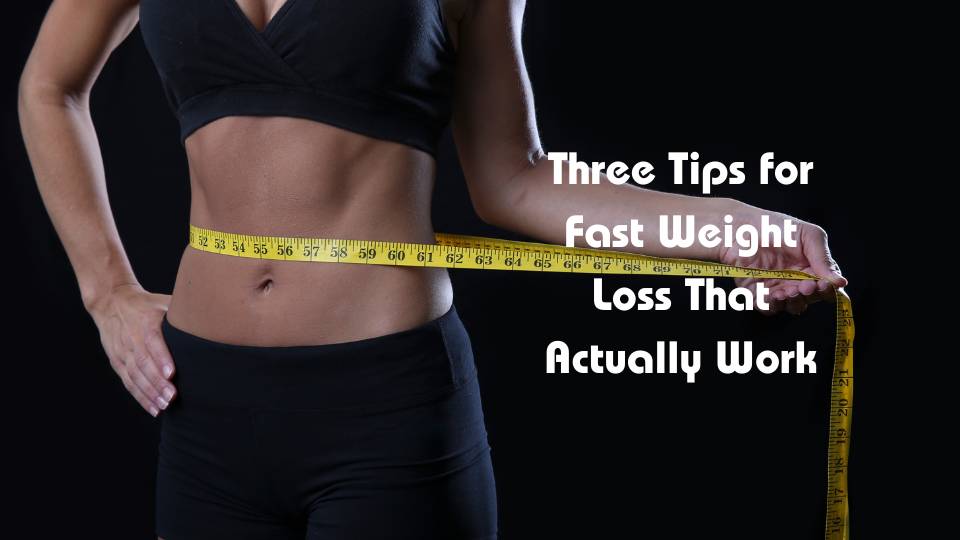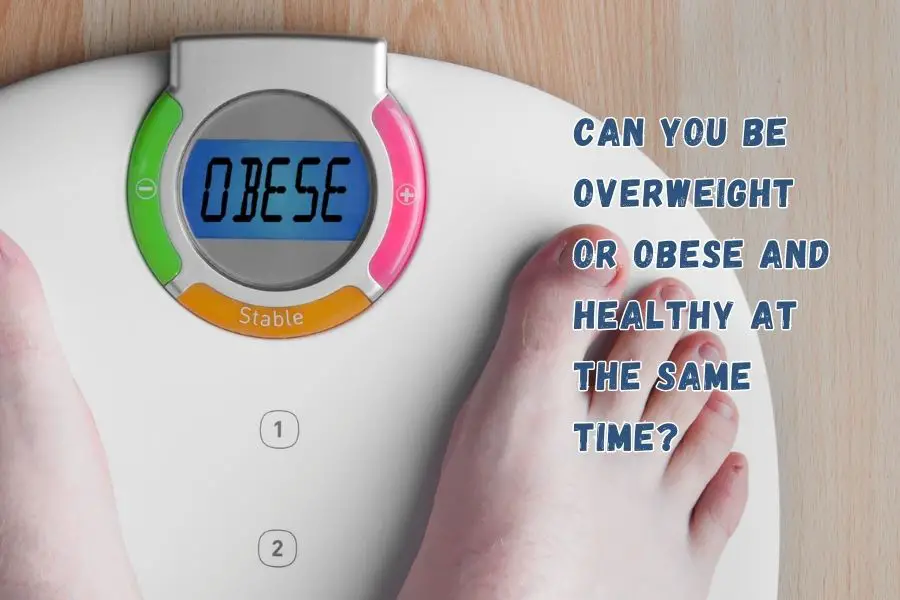What makes us fat and sick is our diet. If animals in the wild have managed to avoid the human fate by continuing to eat what they are meant to eat for thousands of years, we can do the same. The best, most healthy, and sustainable way to lose weight and reclaim our health is to return to our ancestral roots and eat a diet that the human body is designed to eat. All other diets that promise fast weight loss are just gimmicks that are destined to fail.
Returning to our ancestral diet to lose weight and reclaim our health
Despite being the most intelligent species on this planet, humans are the only species that suffer from a vast array of health problems including the current unprecedented obesity epidemic.
Around 73% of the US population is either overweight or obese. Europe fares a little better but still around 53% of adults in the EU are overweight or obese. Obesity in developing countries is also soaring at an alarming rate. According to the World Health Organization, worldwide obesity has nearly tripled since 1975 and there is no sign that this trend is going to be reversed in the near future. [1, 2, 3, 4, 5]
Why is it so that none of the animals in the wild becomes so fat and sick like humans do? They have no access to dietary guidelines, meal plans, essential nutrition recommendations or millions of studies into all aspects of human nutrition, yet they don’t eat themselves to death and are free from modern-day diseases that humans suffer from.
The answer is pretty obvious: they continue to eat their natural diet while humans have abandoned our ancestral diet and adopted a highly processed and nutrition-void diet.
The diets of all animals in the wild haven’t changed during the last 10,000 years: lions still eat meat, pandas still munch bamboo and seals still dine on fish. But the human diet has changed drastically since the dawn of agriculture, especially more so during the last 100 years. What we eat today is markedly different from what our ancestors used to eat even just 100 years ago, let alone 10,000 years ago. A lot of what we eat today aren’t even fit to be called food – breakfast cereals, chips, donuts, and cheese rings to name a few. Because we eat food that are highly processed with little nutrition and low levels of satiety, we eat more and we eat more frequently and, as a result, we become fatter and sicker.
Although the food manufacturing industry would like to convince us otherwise, I believe the main cause of this obesity crisis has got to do mainly with what we eat rather than our sedentary lifestyle.
Research has found that, despite our sedentary lifestyle, we burn roughly the same amount of calories as those who lead an active lifestyle. The Hadza, a traditional hunter-gatherer society living in Tanzania, is estimated to be about 5 to 10 times more physically active than typical Westerners. They hunt and gather wild foods each day on foot using primitive tools. One would expect the Hadza to burn a lot more calories than their sedentary Western counterparts, but they don’t. It turns out the average daily energy expenditure of the Hadza hunter-gatherers was found to be no different than the sedentary Westerners after controlling for body size. [6, 7]
This is also why you see some of the most physically active people (e.g. sport coaches, martial art instructors, powerlifters, construction workers, and cleaners) who are still overweight or even obese. The human body seems to have the ability to adapt to varying levels of physical activities and are able to conserve energy. Therefore, in the long-run, increases in exercise or overall physical activities do not result in corresponding increases in daily energy expenditure. [8]
If, despite being generally a lot less physically active than our ancestors, we still burn roughly the same number of calories as our ancestors, then the reason that we are piling on pounds and becoming fatter and sicker must be due to what we eat and how much we eat today.
It then follows that the solution must also be very simple: we need to return to the diet that our ancestors used to eat and eat what the human body is meant to eat. If we eat what we are meant to eat, like the way all animals in the wild do, we will lose weight naturally and reclaim our health. We will be nourished and thrive instead of struggling to survive with myriad health problems.
I believe this is the best, most healthy and sustainable way to lose weight. If we eat the right kind of food, we will eat according to our body’s needs, just like the way that a lion, a bear, a giraffe or a buffalo will stop eating when it has had enough. We won’t gorge ourselves to death like the way we currently do.
I believe this is the one and the only way to healthy weight loss and keeping it off for good. Until we return to a diet that is meant for humans, we will be running around the circle, chasing one fad diet after another, and failing miserably in the end.
In my view, the main reason why dietary guidelines have done nothing and will never do anything to help with the current obesity crisis is that it tells people to eat a diet that is not appropriate for humans. For example, the Dietary Guidelines for Americans, 2020-2025 tell us to obtain between 45% and 65% of total daily calorie intake from carbohydrate sources. Some 20th century hunter-gatherer societies may consume this much carbohydrates but this was not what our ancestors typically consumed over million years of evolution. They basically ate just meat and they thrived on this diet. [9, 10]
When we eat the food that we are not supposed to eat, especially when we eat that much carbohydrate, we feel un-satiated and we overeat. As a result, we end up being over-fed with calories but under-fed in terms of nutrition and we become sick, fat and tired.
So, the answer to most of our modern health problem appears to be pretty simple and that is to go back to our ancestors’ diet. However, it is not that easy to define exactly what an ancestral diet should look like. We’ll explore this issue further below.
What is the true ancestral diet?
Evidence from multiple fields of study point to the fact that our ancestors’ diet is a meat-centered diet.
In a landmark study that looks at evidence from multiple fields including human physiology and genetics, archeology, paleontology, and zoology, the authors came to the conclusion that humans were hyper-carnivorous apex predators that ate mostly meat from large animals for 2 million years. [11]
Our ancestors were definitely not omnivores. From stone tools, carnivorous digestive system, high stomach acidity, reduced mastication system to high-fat reserve and carbon isotope analysis, all evidence points to the fact that they were hunters and scavengers and they dined mostly on large mammals. Plant food, if any, was an insignificant feature in their diet. It was only due to the extinction of those large animals that humans were forced to become farmers to survive. [12]
Previous studies relied heavily on an analogy with the diets of recent hunter-gatherer groups to construct the human trophic level during the Stone Age. However, this is futile, according to the lead author of the study, Dr Ben-Dor, because the ecosystem of the 20th century hunter-gatherer societies is totally different from the ecosystem that existed 2 million years ago. [13]
This is exactly where the Paleo diet gets it wrong: it attempts to reconstruct the paleolithic diet based on the diet of 20th century hunter-gatherers. As a result, the Paleo diet includes a high percentage of plant food and allows many foods that only came to existence when humans began farming. In short, it is far from being a good representative of our ancestors’ diet.
Take-home message
If you want to lose weight naturally and healthily, eat a diet that our ancestors used to eat for millions of years. High-quality animal-based food should be the bulk of your diet. If you would like to include a bit of plant food in your diet, that is fine too but eat only a small quantity and eat with seasons.
This is just my guesstimate but, in my opinion, 90-99% of your plate should be covered with the best quality animal-based food (e.g. beef, lamb, animal fat, and organ meat). You can even go 100% animal-based or carnivore which will be even more effective in shedding the extra fat reserve.
Plant-based food, if any, should be consumed in very small quantities because, as mentioned above, multiple avenues of evidence indicate that our ancestors were hyper-carnivorous and definitely not omnivore. You can see this for yourself if you go into the nature reserves or check out areas mostly untouched by humans. You will find that edible plant food is very hard to come by. Maybe there are a bit more edible fruits during summer and early autumn but there is hardly anything at other times of the year. And those edible fruits in the wild are also generally much smaller with lower carb contents compared to the domesticated versions we find in the grocery stores nowadays.
If you eat this way, you will feel nourished and satiated and it will be very difficult for you to overeat. Your excess fat reserve will melt off effortlessly and your health will improve.
Don’t fall for those sneaky marketing tactics of weight loss companies that promises you that you can eat anything you want and still lose hundreds of pounds. If something sounds too good to be true, it probably is. Instead find a healthy diet that you can stick with for the rest of your life. I think a carnivore diet or a carnivore adjacent diet is the best diet for healthy and sustainable weight loss. However, this is just my personal opinion. Don’t take my words for it, do your own research and test it out for yourself. It may take you some time to research and experiment but investing in your health is the best investment you can make.
Please note that this post is definitely not about fat-shaming people, I just like to call a spade a spade. Having too much excessive fat is just unhealthy and there is no such a thing as being obese and healthy at the same time. In the long run, being obese means being at an increased risk of adverse long-term outcomes and we have got to do something about it instead of surrendering and normalizing obesity. [14, 15]
Other posts you might be interested in
How to Lose the Last Few Pounds on the Carnivore Diet?
Top 15 Tips to Lose Weight Fast with the Carnivore Diet
Is Carnivore the Best Anti-Aging Diet Around?
How to Avoid Weight Gain During the Holidays
11 Common Carnivore Diet Mistakes
Who Might Benefit from a Strict Carnivore Diet?
Raw Meat Vs Cooked Meat on the Carnivore Diet
Disclaimer: The information in this post is for reference purposes only and is not intended to constitute or replace professional medical advice. Please consult a qualified medical professional before making any changes to your diet or lifestyle. Please check out our disclaimer for more detail.





